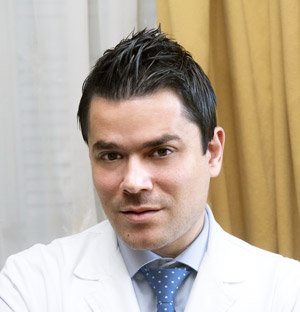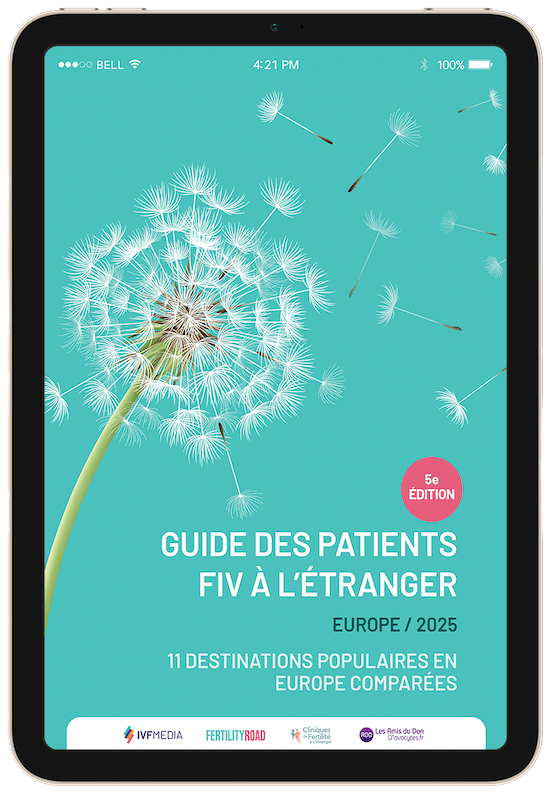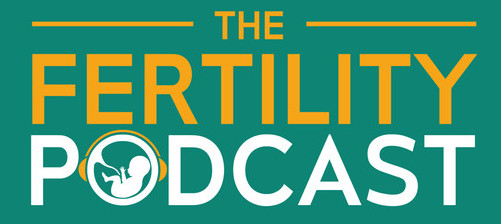Interview with Staff of Women’s Health Dexeus in Barcelona

Dr Nikolaos P. Polyzos is a new doctor and the Clinical and Scientific Director of the Service of Reproductive Medicine at Women’s Health Dexeus in Barcelona, Spain. He attended the 43th Dexeus International Forum, a meeting organised by Dexeus Institute on October 26-28th 2016 with more than 850 attendants from 41 different countries. The Dexeus Forum, that was held in Barcelona, updated the current knowledge in Obstetrics, Gynaecology and Reproductive Medicine. In this Forum Dr. P. Polyzos described how ovarian stimulation treatments have improved in last years and offer solutions for poor responder women.
How did ovarian stimulation treatments improve since its conception?
All over the last 20 years we have seen a lot of improvement in terms of medication that has been used in reproductive medicine for ovarian stimulation. This has changed and has improved the outcome in the patients, but I think that one of the key points that has changed has been the segmentation of IVF treatment. We stimulate the patients and we don’t do the fresh embryo transfer as it was done in the past, but we simply freeze the embryos due to the better cryopreservation techniques we have and we can transfer in the next cycle. This appears to be something really promising and we need future research to validate whether in the future this possibly can be applicable to all patients attending an IVF unit.
And what can be done in case of poor responders?
Poor responders is a very difficult group of patients which unfortunately we face quite often in our everyday practice. For example, in some centres the incidence is 25%, while in other centres it can be up to 30%. Patients come to your consultation and you need to provide a solution. Current treatments options do not really manage to increase a lot the chances of pregnancy in this population. Nevertheless, we are doing a lot of studies and actually one of the studies that has been now done in Institut Dexeus is the T-transport, in which we try to evaluate the effect of testosterone pretreatment in these patients. We hope this can give us another horizon for these patients and we can improve the chances of pregnancy in this very difficult population.
https://www.youtube.com/watch?v=kQKgVCQaKzM
Dr. Nikolaos P. Polyzos CV
He is a Professor of Gynaecology in the Faculty of Medicine and Pharmacy in Free University of Brussels in Belgium and a Professor of Reproductive Endocrinology in the Department of Clinical Medicine in the University of Aarhus in Denmark.
Professor P. Polyzos is specialized in the treatment of women of advanced reproductive age, women with poor ovarian response to stimulation and premature ovarian ageing.
His fields of interest include reproductive endocrinology, ovarian reserve markers, poor ovarian response to stimulation, ovarian ageing and individualized treatment based on patients´ profile.
He is the principal investigator in several large multicenter multinational randomized trials and a key opinion leader in the field of Reproductive Medicine with more than 100 invited lectures in international congresses.
He is a member of the ESHRE guideline development group for ovarian stimulation and an Associate Editor in Global Reproductive Health, the new International Federation of Fertility Societies (IFFS) journal. In addition he has served as an Editorial Consultant for the PIER
(Physician’s Information and Education Resource) of the American College of Physicians (ACP).
Professor P. Polyzos has published more than 120 publications in peer reviewed journals indexed in Pubmed with more than 1500 citations and an h index of 24 in ISI web of Science. His research interests include reproductive endocrinology.
Find out more about Women’s Health Dexeus in Barcelona and the special promotion for patients contacting them through this website. We also provide information on how Spain is regulated for IVF treatment.



